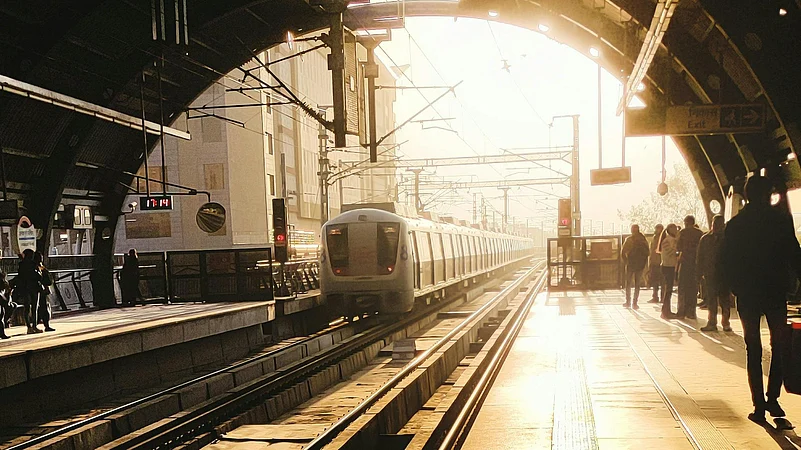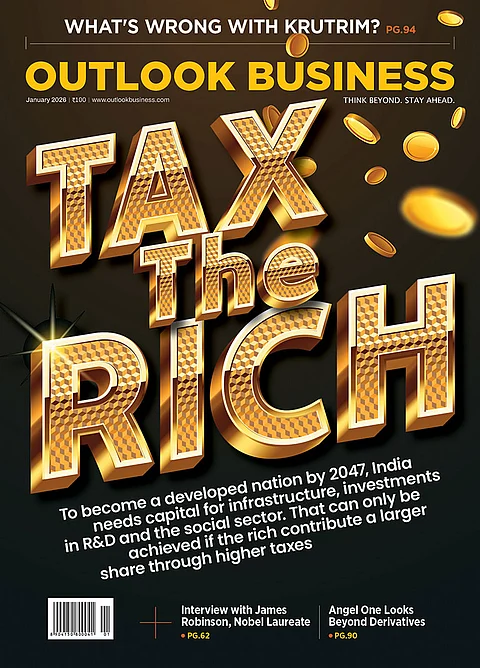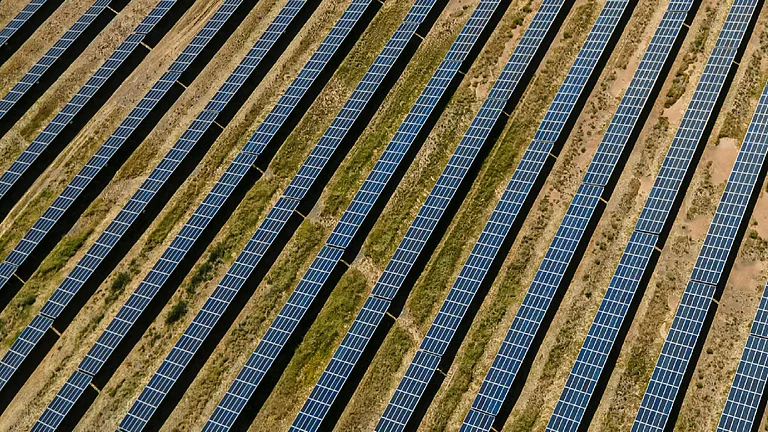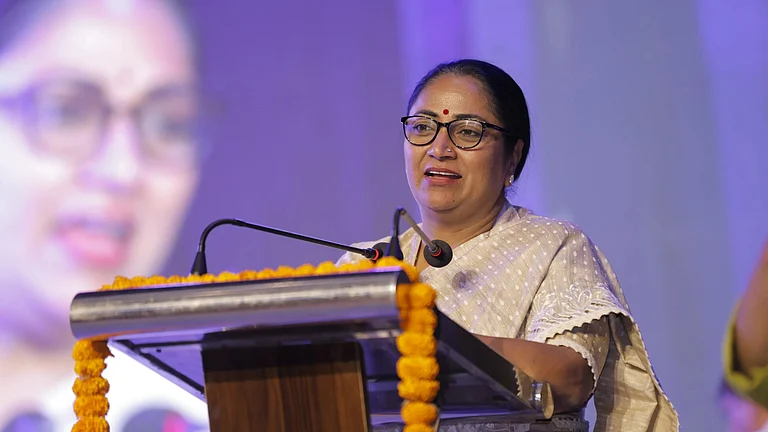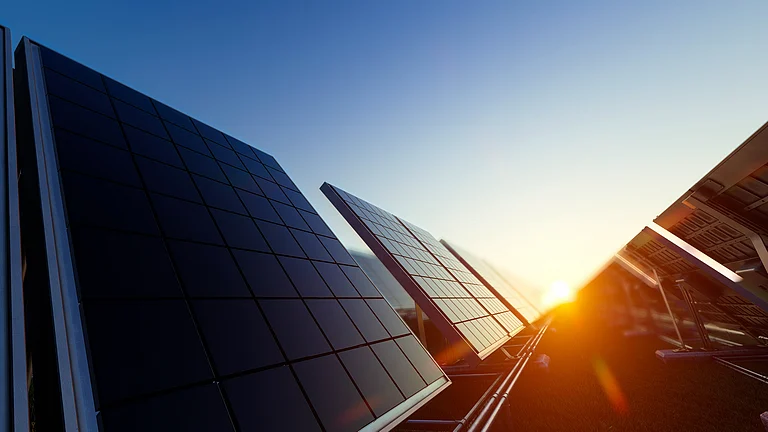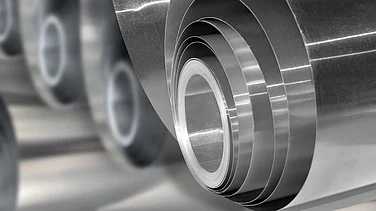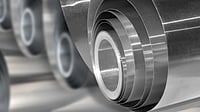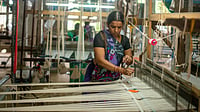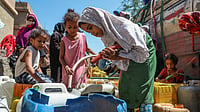
DMRC invites bids for 500 MU renewable energy to power metro operations.
Delhi Metro aims to boost renewable energy share to over 60% by 2025.
DMRC to sign 25-year agreement with solar developers to meet energy needs.
The Delhi Metro Rail Corporation (DMRC) has invited bids for the supply of 500mn units (MU) of renewable energy annually to power its operations, officials told PTI on October 12.
According to a statement, the DMRC is seeking to select a 'solar power developer' to set up a grid-connected captive generating plant along with a battery energy storage system (BESS) anywhere in India.
The energy produced will be supplied to the DMRC under a 25-year power purchase agreement, with the project expected to be completed within 15 months of award, it said.
At present, Delhi Metro meets about 33% of its power demand from renewable sources. It procures around 350 MU annually from the Rewa Solar Park in Madhya Pradesh and generates 40 MU from rooftop solar installations across its stations, depots and residential complexes, the statement said.
During daytime operations, the share of renewable energy reaches nearly 65 per cent, it added.
With the new initiative, the DMRC said it aims to increase the share of renewable energy in its total power mix to over 60%, including energy requirements for its upcoming Phase-IV network.
"If achieved, it will become the first Metro system in the country to source more than half of its total energy from clean sources," the statement said.
The move is part of DMRC's broader efforts to support India's transition to sustainable and low-carbon urban transport systems and comply with the government's 'Panchamrit' climate action goals announced at COP26.
Sustainable Energy Transition Strategy
According to Towards Decarbonising Transport 2023 – A Stocktake on Sectoral Ambition in the G20 report, published by Agora Verkehrswende, GIZ and REN21, electric and renewable-powered public transport systems could reduce global transport sector emissions by up to 70% by 2050.
In keeping with these global trends, Delhi Metro has shown the lead in green urban mobility by choosing to raise its proportion of renewable energy.
According to experts, transitioning to renewable energy is not only environmentally beneficial but also economically sound. The growing cost competitiveness of solar power, as highlighted by the 2023 International Renewable Energy Agency (IRENA) report, means that such investments can lead to long-term savings. For DMRC, this project is not just about reducing its carbon footprint but also about managing operational costs effectively in the face of rising energy prices.
(With inputs from PTI.)





